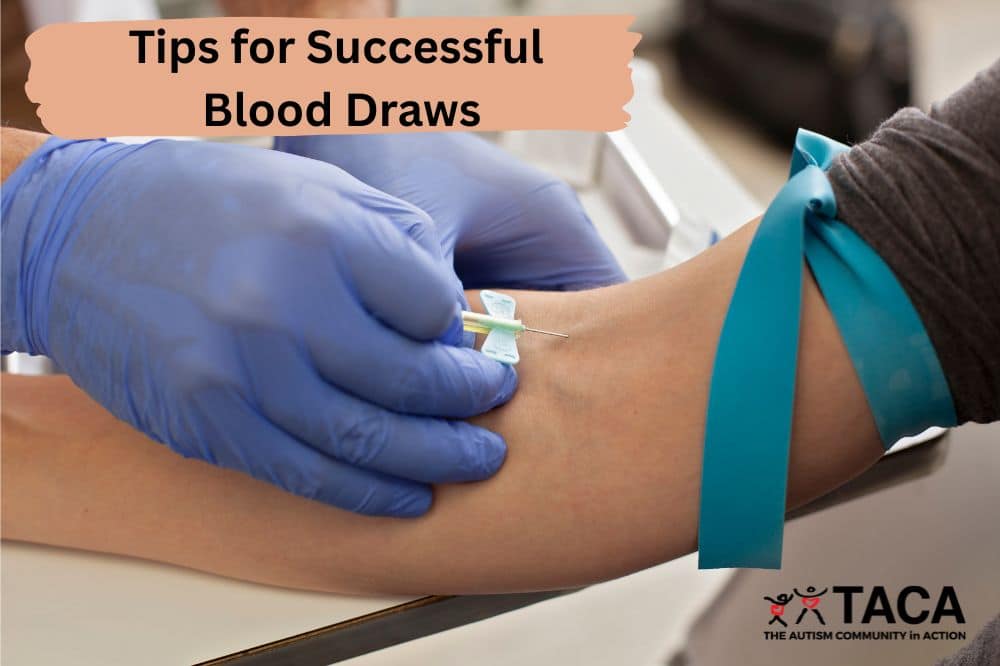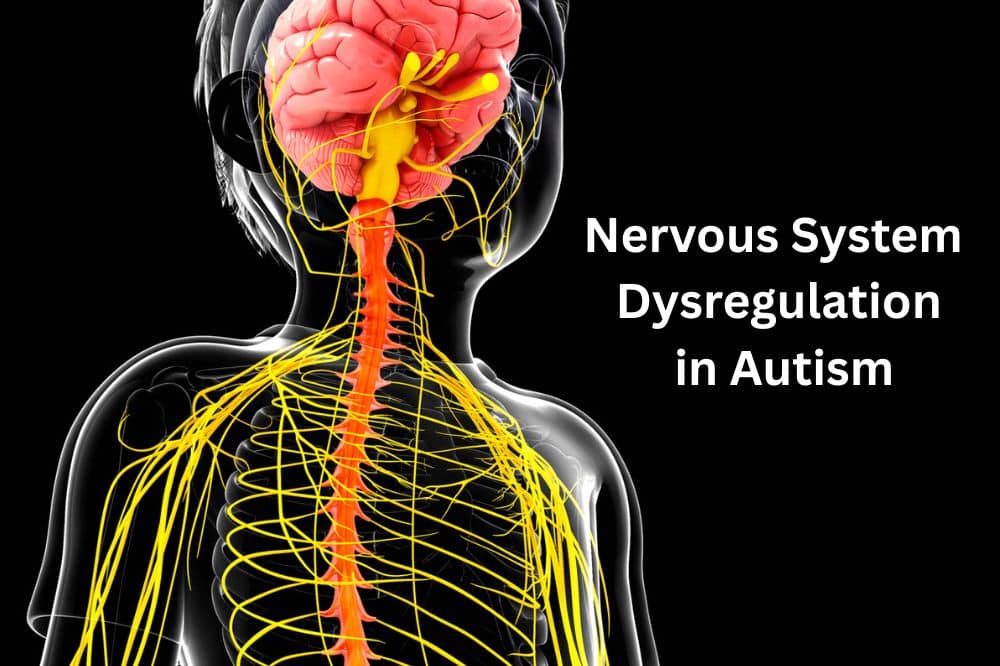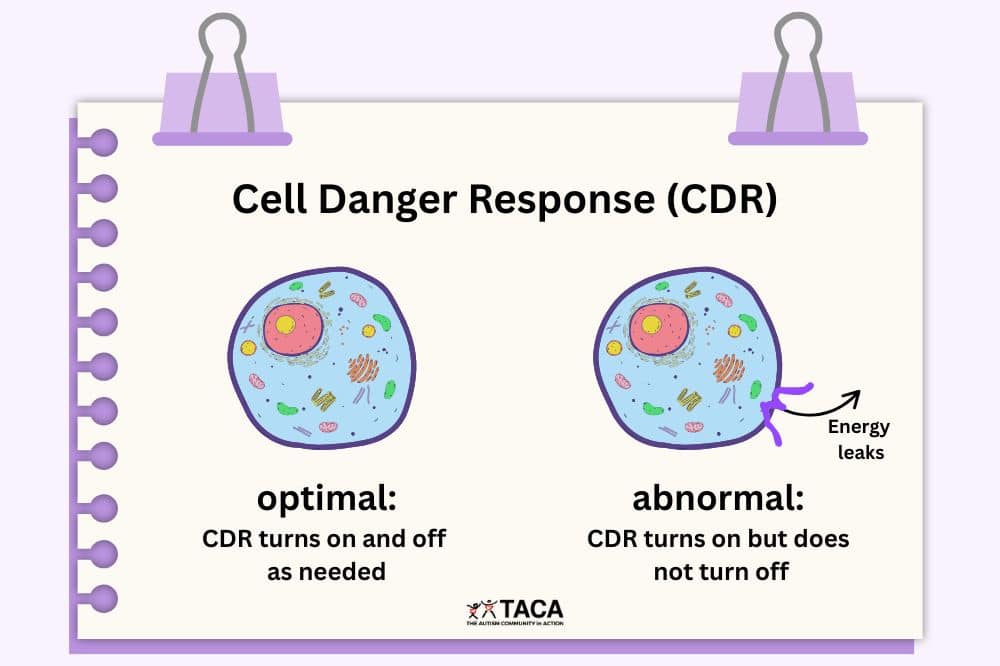Facilitating Friendships

All contents of this resource were created for informational purposes only and are not intended to be a substitute for professional advice, diagnosis, or treatment. Always seek the advice of your physician, therapist, or other qualified health providers with any questions or concerns you may have.
Friendship is an important part of life. A good friend can provide a feeling of connection, happiness, and self-worth. However, children with autism often have deficits in social skills and communication making it more difficult to form relationships with peers. As a result, parents play a crucial role in helping their children develop friendships and sustain them.
Practice Activities
- First, evaluate and explicitly teach social skills as needed.
- Learn more from TACA’s article on Social Skills
- Next, use Social Stories or Video Modeling to introduce your child to the concept of being a friend.
- Then, teach friendship skills.
- Practice having two-way conversations
- Practice replying with short, scripted answers to common questions.
- Example: What is your favorite movie?
- Use AAC (Augmentative and Alternative Communication) or your child’s preferred mode of communication
- At the same time, teach your child how to do specific activities that they could also do with a friend.
- Going to the park
- Playing at a trampoline park
- Activities that involve taking turns such as:
- Board games
- Miniature Golf
- Bowling
- Eating at a restaurant
- Swimming
- Watching a movie
- Dancing
- Watching sporting events
- Focus on your child’s likes and strengths when planning group activities.
- Most importantly, presume competence.
- Talk to your child in an age-appropriate manner about friendships
- Assume that your child wants a friend, even if they cannot communicate that desire
Great Places To Find Friends
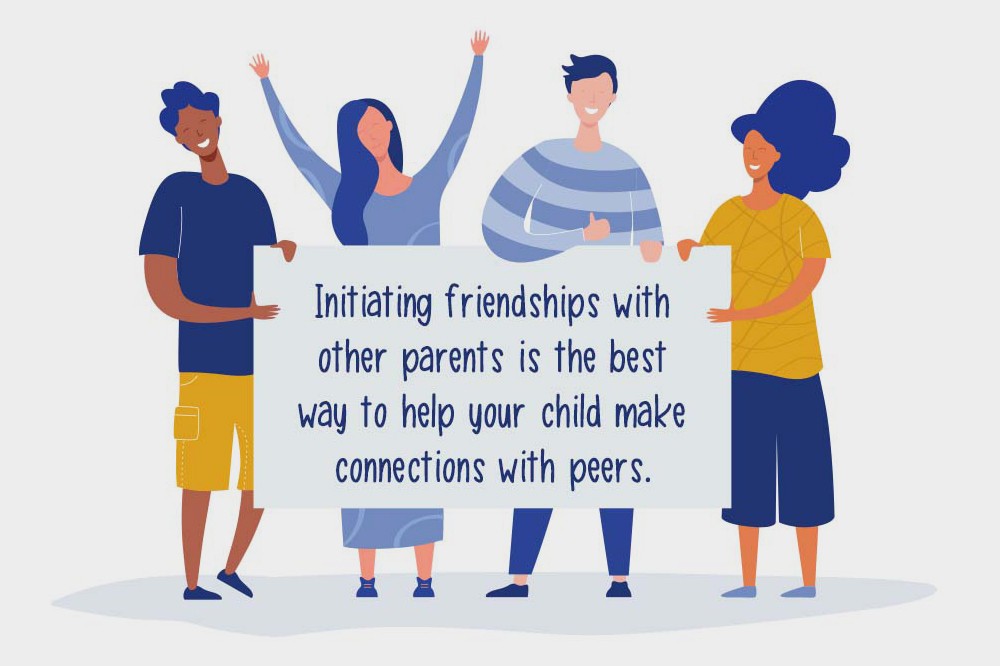
- Involve your child in a variety of activities.
- Sports
- Special Olympics
- Social skills groups
- School clubs
- Religious organizations
- Musical groups
- Theater/Plays at schools or community centers
- Remember, do the same activities over and over so your child is around the same people.
- It is important to make friends with other parents.
- Talk to the other parents in waiting rooms or while waiting for your children to do an activity
- Initiating friendships with other parents is the best way to help your child make connections with peers
- After that, don’t forget to get together frequently and maintain those bonds.
Neurotypical vs Special Needs Friends?
- By all means, have both!
- Work to make friends with people your child is comfortable with and develops a bond.
- Think about who will be your child’s long-term friend.
- Great places to find neurotypical friends:
- Neighborhood
- Ask on a neighborhood group about looking for friends
- School
- After school club
- Place of worship
- Neighborhood
- Great places to find special needs friends:
- School
- Therapy centers
- Events specifically for individuals with special needs
- Local Facebook support group
- Friendship is a common need amongst families with special needs
Maintaining Friendships
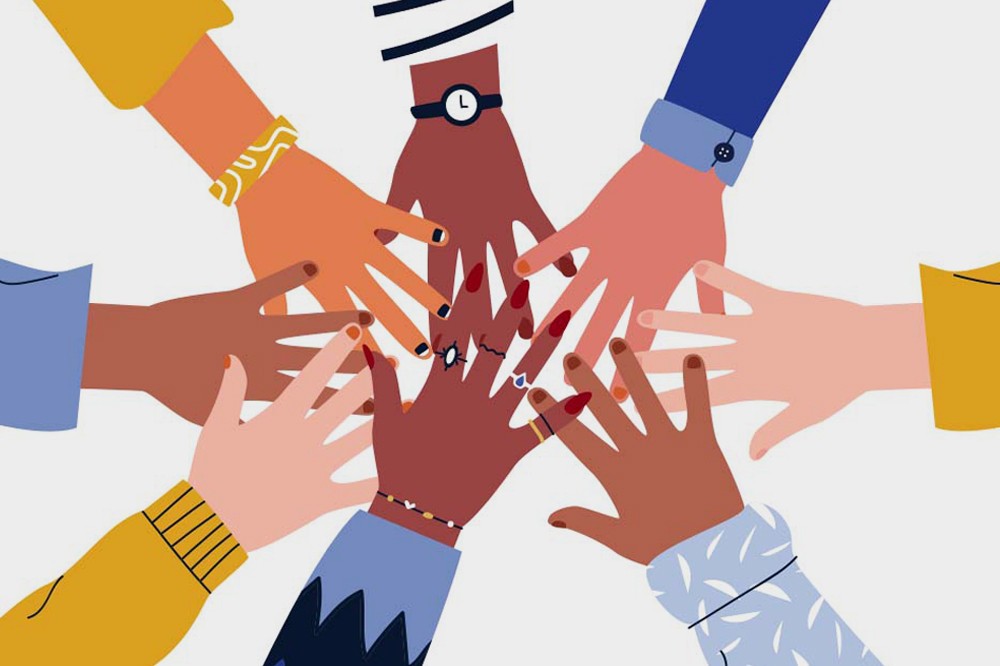
- First, keep in contact with friends and see them often.
- Send texts with funny memes
- Snail mail cards
- Phone calls
- Not only are they a great way to practice conversations, but an excellent opportunity to set up a time to hang out in person
- Parents may need to facilitate communication if your child is not able
- Second, be a good friend.
- Attend events supporting your friends
- Ultimately, parents who invest in relationships with the other parents create an environment where their children’s friendships can grow.
In Conclusion
Don’t be a wallflower! Take the initiative to form these social connections. That is to say, don’t wait for the other parent to take the lead. Your child needs friends. Above all, don’t be afraid to leave your comfort zone to make this happen.


